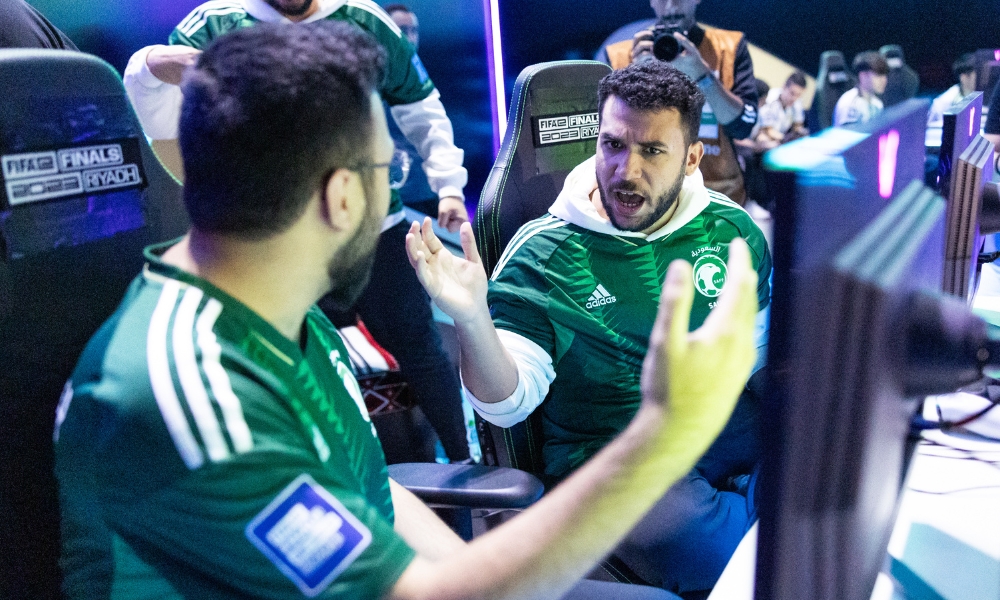Introduction
The Gulf region is rapidly emerging as a powerhouse in the global sports industry. With world-class infrastructure, significant financial investment, and strategic planning, countries like Saudi Arabia, the United Arab Emirates (UAE), Qatar, and Bahrain are transforming themselves into premier destinations for international sporting events. This shift marks the beginning of a new era, where the Gulf is not just a host but an active participant in shaping the global sports landscape.
Massive Investments in Sports
Gulf nations have recognized the economic and social benefits of investing in sports. Governments and private entities are pouring billions of dollars into sports infrastructure, athlete development, and international event hosting.
- Saudi Arabia: The Kingdom is investing heavily in football, boxing, and motorsports. The Saudi Pro League has attracted some of the biggest names in football, including Cristiano Ronaldo and Neymar, while the country is bidding to host major global tournaments like the FIFA World Cup.
- UAE: The UAE has established itself as a hub for Formula 1 racing, UFC events, and professional golf tournaments, enhancing its reputation as a sports tourism destination.
- Qatar: Following the successful hosting of the FIFA World Cup 2022, Qatar continues to expand its sports industry with investments in athletics, tennis, and motorsports.
- Bahrain: A pioneer in hosting the Formula 1 Bahrain Grand Prix, Bahrain remains a key player in motorsports and combat sports.
The Rise of Domestic Sports Leagues
Beyond hosting international events, the Gulf is developing its own domestic sports leagues to compete with established markets in Europe and North America.
- Saudi Pro League: With record-breaking signings and financial backing from the Public Investment Fund (PIF), the league is becoming a major force in world football.
- UAE Pro League: The UAE has been developing its football league, attracting foreign players and increasing its competitiveness.
- Esports & Adventure Sports: The region is also investing in esports tournaments and extreme sports, catering to younger audiences and expanding its sports portfolio.
Sports as a Tourism Driver
Sports tourism is a key element of the Gulf’s strategy to diversify its economy away from oil dependence. Hosting global sporting events attracts millions of visitors, boosting local economies and creating job opportunities.
- Formula 1 Races: Events in Abu Dhabi, Bahrain, and Saudi Arabia bring thousands of international fans to the region.
- Combat Sports Events: UFC and boxing matches in Abu Dhabi and Riyadh attract global audiences and enhance the region’s reputation as a combat sports hub.
- Golf and Tennis Tournaments: The Gulf hosts prestigious ATP and WTA tennis events, as well as high-profile golf tournaments featuring top-ranked players.
The Future of Sports in the Gulf
The Gulf’s commitment to sports is set to grow even further. With the possibility of hosting the FIFA World Cup again, the Olympics, and other major sporting events, the region is positioning itself as a permanent fixture in the global sports industry.
- Development of Young Talent: Investment in sports academies and grassroots programs aims to nurture homegrown athletes who can compete at an international level.
- Women’s Sports Growth: Increasing support for women’s sports is creating new opportunities and inspiring future generations of female athletes.
- Technological Innovations: The integration of AI, smart stadiums, and digital fan engagement is transforming the sports experience in the Gulf.
Conclusion
The Gulf’s sports industry is entering an exciting new era. With continued investment, innovation, and ambition, the region is set to become a global leader in sports. Whether through hosting major tournaments, developing domestic leagues, or expanding sports tourism, the Gulf’s influence on the world Bank Account Opening of sports is only going to grow. This new chapter signals not just participation but domination in the global sports arena.

